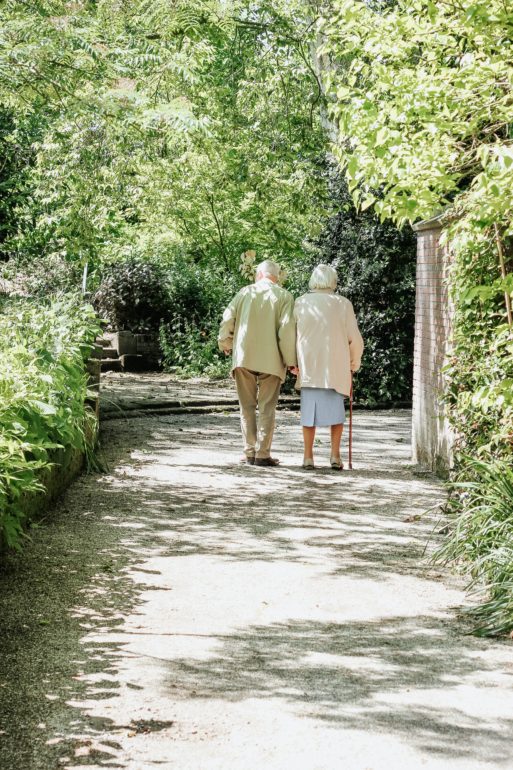 Thomas Gray wrote quite a bit on death, known for his “Elegy Written in a Country Churchyard” and “Sonnet on the Death of Richard West,” the latter of which is particularly despondent in its view of the subject, as it deals with the passing of one of Gray’s closest friends. But in “If I Should Die,” another one of his works, Gray implores his friends and family to keep their chins up after he is gone:
Thomas Gray wrote quite a bit on death, known for his “Elegy Written in a Country Churchyard” and “Sonnet on the Death of Richard West,” the latter of which is particularly despondent in its view of the subject, as it deals with the passing of one of Gray’s closest friends. But in “If I Should Die,” another one of his works, Gray implores his friends and family to keep their chins up after he is gone:
“If I should die and leave you
Be not like the others, quick undone
Who keep long vigils by the silent
dust and weep.
For my sake turn to life and smile
Nerving thy heart and trembling
hand to comfort weaker souls than thee.
Complete these unfinished tasks of mine
And I perchance may therein comfort thee.”
Gray does not wish for his friends to be crushed after his death, or “quick undone” (2), or for them to stay that way, “keep[ing] long vigils” (3). The poet does make a point of acknowledging that he will be gone from his loved ones’ lives when he dies, with phrases like “leave you” (1) and “silent dust” (3-4). But although he is firm on this point, he does not state it emphatically to be harsh; rather, he wants those he cares about to be accepting of the fact in order to move on with their own lives.
He asks for this strength from his friends and family as a favor to himself: “For my sake turn to life and smile” (5). Though Gray recognizes that he will no longer physically be in this world, he knows that he will live on in the memories and actions of those he leaves behind. Because he will not be able to “comfort weaker souls” (7) himself, Gray refers to the undertaking he is requesting as “unfinished tasks of mine” (8). In this way, his plea is even more influential.
Gray knows that this chore will not be easy for his friends and family; he grants that they will need to gather their own strength in order to do so (i.e., “Nerving thy heart and trembling hand” [6-7]). And even though this is a difficult assignment, Gray assures his loved ones that it will be therapeutic for them to do so: “…And I perchance may therein comfort thee” (9). By helping others heal and move forward, the people that were closest to Gray will be healed themselves for doing something that he wanted them to do. It can be challenging to take on such a role during a trying time like this, but doing so benefits not only others, but ourselves as well.

 “If I Should Die” by Thomas Gray
“If I Should Die” by Thomas Gray



 First the Wealth Gap, Now the U.S. Has a Growing Health Gap
First the Wealth Gap, Now the U.S. Has a Growing Health Gap
 How to Comfort A Dying Loved One
How to Comfort A Dying Loved One
 Our Annual Seven Holiday Gifts for Someone Who Is Grieving, 2024 Edition
Our Annual Seven Holiday Gifts for Someone Who Is Grieving, 2024 Edition














